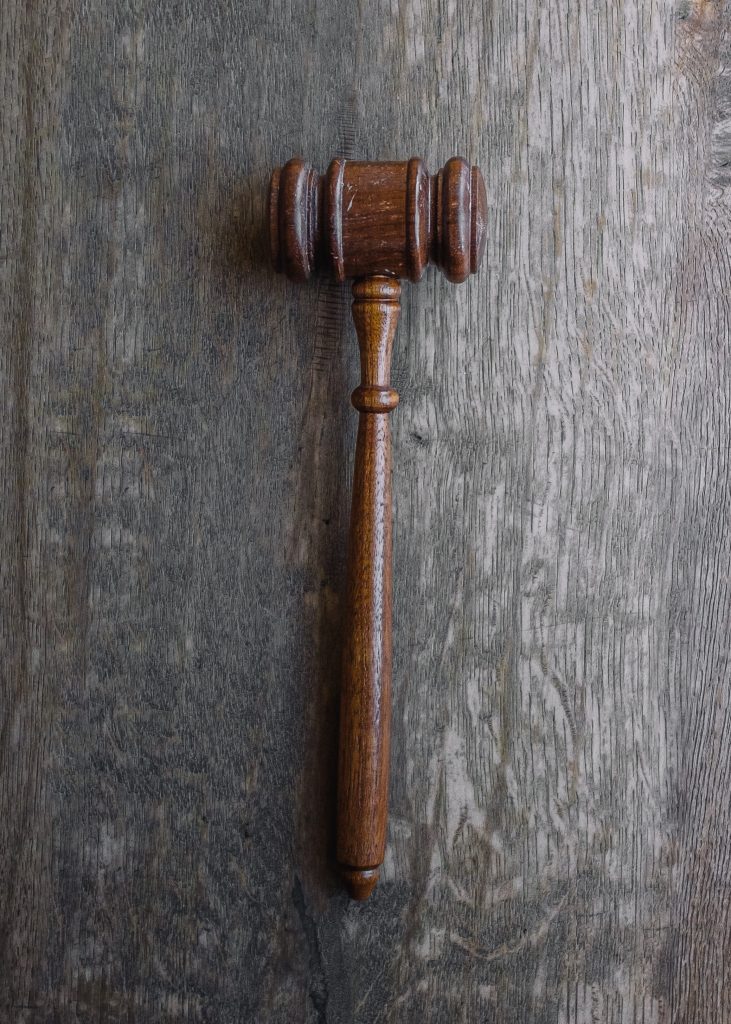Responding to a 93A Demand Letter

Massachusetts has an important law that is of critical importance to Massachusetts landlords: the Consumer Protection Law. Commonly known as “Chapter 93A” (where this law is located in the Massachusetts statutes), the Consumer Protection Law prohibits “unfair and deceptive business practices.” This, as one can tell, is broad language that can cover an infinite number of scenarios. Courts have construed the reach of Chapter 93A broadly, to include many potential claims that are not otherwise covered by other existing laws.
For a consumer to bring a Consumer Protection Law claim, the claimant must generally send the business a demand letter prior to filing a lawsuit. For a landlord, responding to a 93A demand letter is incredibly important. The failure in responding to a 93A demand letter can come with steep penalties if the matter ends up in court.
I always advise a landlord (and anyone else who receives such a letter) to hire an attorney when responding to a 93A demand letter. Even if the demand appears to be without merit, it is worth having a legal professional ensure that you are handling the complaint properly. Here are a few points that should be considered when responding to a 93A demand letter.
Is the Landlord Covered Under the Consumer Protection Law?
First, is the landlord covered under the Consumer Protection Law? The general rule is that a person or business who rents residential space for a fee is engaged in business, and would be subject to Chapter 93A. However, there is an exception if the landlord lives in the subject property, and is merely renting a unit in the building. Courts have found that in such cases, the landlord is not a business. An experienced landlord/tenant attorney can help determine this for you, and whether or not you might be subject to Chapter 93A.
Does the Demand Letter Satisfy the Requirements of a 93A Demand Letter?
The second inquiry when responding to a 93A demand letter is whether the demand letter satisfies the Consumer Protection Law requirements. Contrary to popular belief, simply calling a demand letter a Chapter 93A demand does not make it compliant with Consumer Protection Law. Rather, the law has specific requirements on what needs to go into the letter. The failure to send a proper demand letter can have severe consequences: in some cases, courts have thrown out a Consumer Protection Law lawsuit for not complying with the demand letter requirement.
Responding to a 93A Demand Letter
Regardless of the above, a landlord should always respond to a 93A demand letter. Even if the claim is meritless, or the landlord is not covered by Chapter 93A, the failure to respond can be disastrous if the matter ends up in court.
In responding to a 93A demand letter, an attorney can help you determine whether to make a reasonable settlement offer. Because Chapter 93A generally requires a demand letter before starting a lawsuit, the law (and judges who hear these cases) strongly favor resolution of these matters without litigation. The Consumer Protection Law gives landlords strong incentives for settling these cases out-of-court, and strong penalties if the court believes that the landlord should have resolved the matter without the court’s involvement.
Conclusion
Responding to a 93A demand letter is important. If you find yourself in receipt of one of these demand letters, contact an experience attorney for assistance.
